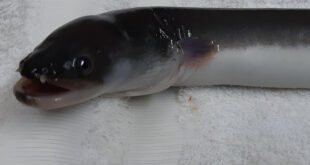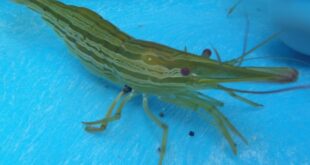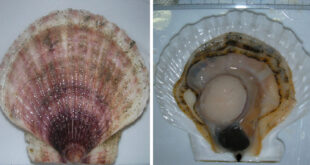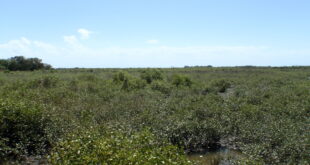By Development Communication Section

Eleven fish health officers of the Department of Fisheries-Myanmar participated in the training course on Health Management of Bacterial and Parasitic Diseases of Freshwater Fish Species organized by SEAFDEC/AQD with funding support from the Government of Japan Trust Fund (GOJ-TF). The training was held in Yangon, Myanmar from 18 to 21 January 2016.
During the training, SEAFDEC/AQD resource persons Dr. Rolando Pakingking Jr. and Ms. Gregoria Pagador talked about updates on major diseases and health management of tilapia and shrimp, as well as parasitic diseases of freshwater fishes. There were also practical sessions on detection of bacterial fish pathogens and fish necropsy for parasite identification and bacterial isolation.
This course is part of SEAFDEC/AQD’s project under the GOJ-TF program, which aims to educate or familiarize fish health personnel on serious fish diseases confronting important aquatic species in the region, particularly those notifiable to the OIE (World Organization for Animal Health).


 SEAFDEC/AQD Southeast Asian Fisheries Development Center | Aquaculture Department
SEAFDEC/AQD Southeast Asian Fisheries Development Center | Aquaculture Department



